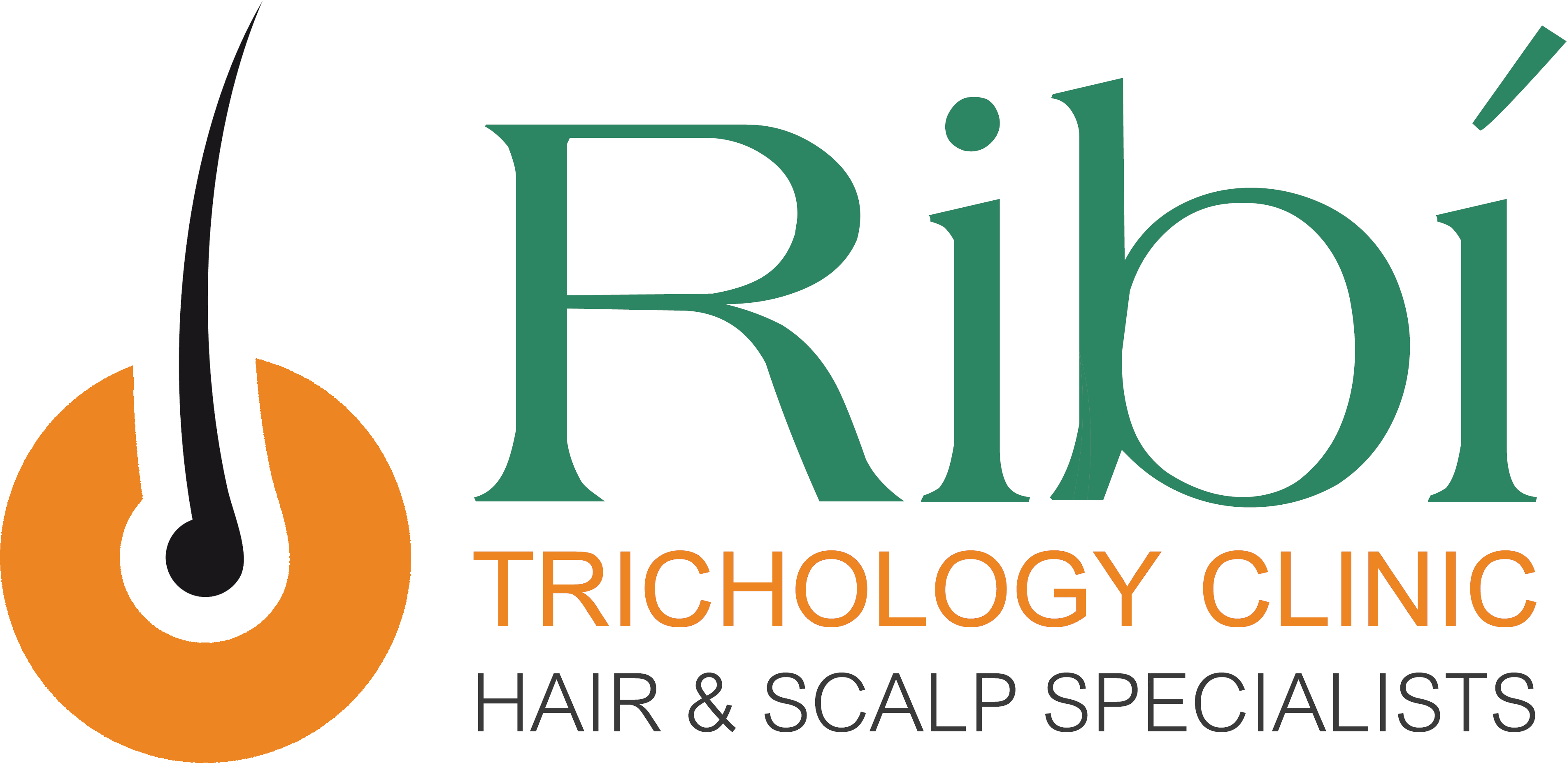Hair Conditions
List of hair conditions we treat
Hair condiotions:
- Hair shaft disorders
- Badly Damaged or chemically processed hair
Hair Loss:
- Alopecia
- Male Pattern hair loss
- Androgenetic Alopecia (Male and Female pattern Hairloss/baldness)
- Patchy hair loss
- Trichotillomania
- Ring worm
- Areata
- Diffuse hair loss
- Diffuse Hairloss (Reduced hair volume)
- Telogen Effluvium (Excessive Shedding)
- Anagen Effluvium
- Diffused Thinning
- Traumatic hairloss or breakage
– Chemical traumatic alopecia
– Thermal traumatic
– Physical traumatic - Scarring
- Frontal Alopecia (Hair Band Alopecia)
- Scarring alopecia : Raised Scar tissue
– Lichen planus
– Lupus Erythematosus
Other hair concerns:
- Split ends
- Hair breakage
- Frizzy and flyaway hair
- Limp and Greasy dull hair
- Sun damaged
- Thinning hair
- Traction Alopecia
- Grey and aging hair
- Traumatic and cosmetic scarring
Hair loss: diagnosis and treatment
How do Trichologists diagnose hair loss?
Because so many things can cause hair loss, a trichologist acts like a detective. A trichologist may begin by asking questions. The trichologist will want to know whether the hair loss happened suddenly or gradually. Knowing this helps to eliminate causes.
A trichologist also will ask what medicines you take, what allergies you have, and whether you have been dieting. It is important to give the trichologist accurate information. Like a murder mystery, the slightest clue can solve the case. Women may be asked about their periods, pregnancies, and menopause.
The trichologist also will carefully look at your scalp and hair. During an exam, the trichologist may pull on your hair. Sometimes a trichologist needs to pull out a hair to get the necessary evidence. And sometimes a trichologist needs to look at the hair on the rest of your body to see whether there is too little or too much hair in other areas.
Sometimes the evidence lies in your scalp. The patient will then be referred to remove a small piece of the scalp. This is called a scalp biopsy. A scalp biopsy can be essential to solving the case. Sometimes, a blood test is necessary.
Because so many things can cause hair loss, it can take time to find the cause. You may need to make a few appointments.
Learn more about what to expect during your first visit to our trichology clinic
How do Trichologists treat hair loss?
Just as there are many causes, there are many treatments for hair loss. Trichologists recommend treating hair loss early. Early means before you lose a lot of hair. Hair loss is harder to treat when a person has a lot of hair loss.
One or more of the following treatments may be part of your treatment plan.
Outcome
Once your trichologist knows what is causing the hair loss, your trichologist can tell you what to expect. Sometimes hair loss does not need treatment. The hair will start to re-grow on its own. In some cases, changing what you do will stop the hair loss, allowing your hair to start re-growing. Sometimes treatment can restore hair.
Learn more about Trichology .
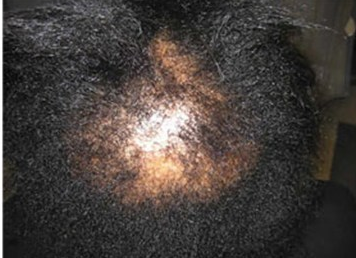
Central centrifugal cicatrical alopecia
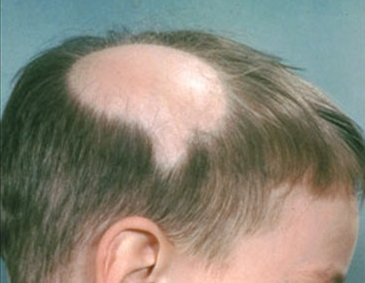
Alopecia areata
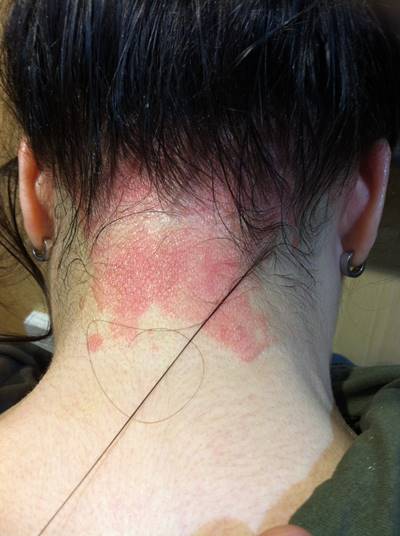
Seborhoeic dermatitis
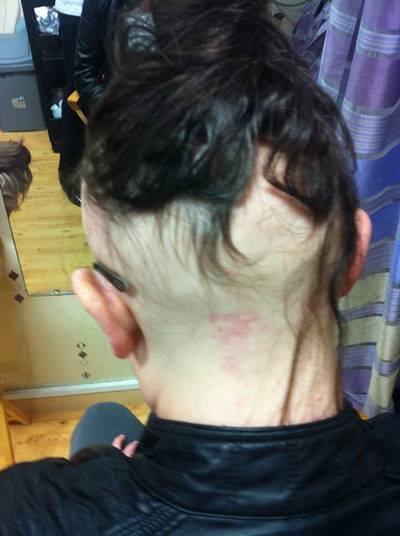
Ophiasic areata
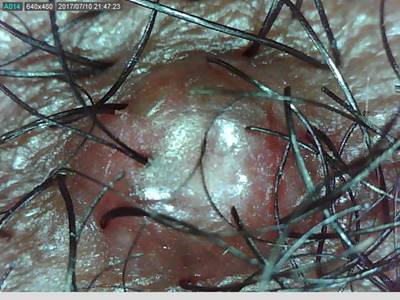
Microscopic view follicullitis nuchae
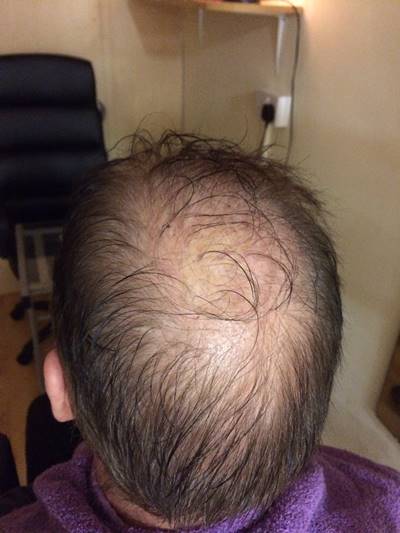
Male pattern hair loss
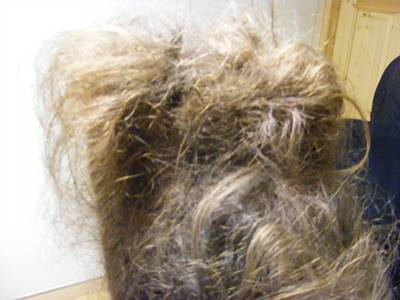
Knotted hair
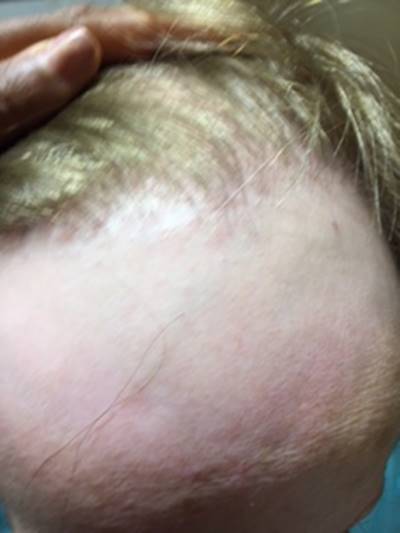
Frontal fibrosing
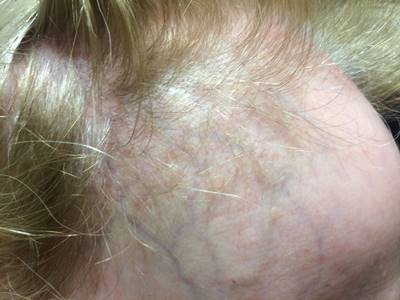
Frontal fibrosing alopecia
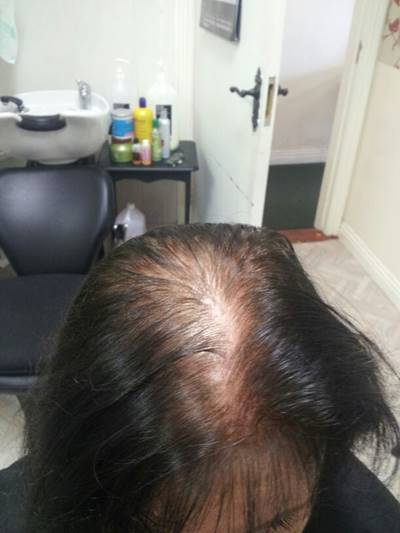
Female pattern hairloss
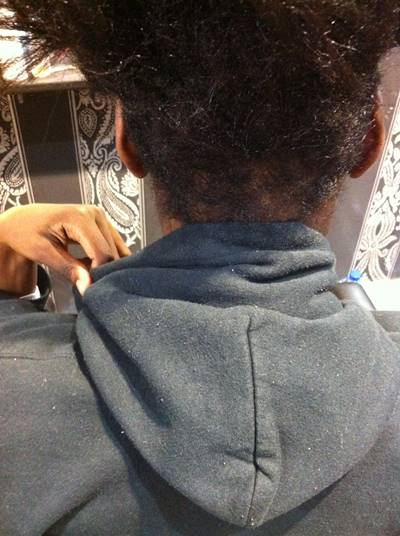
Chemical breakage
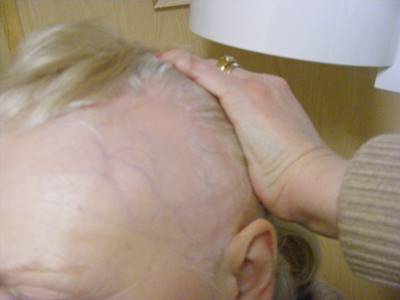
Band alopecia
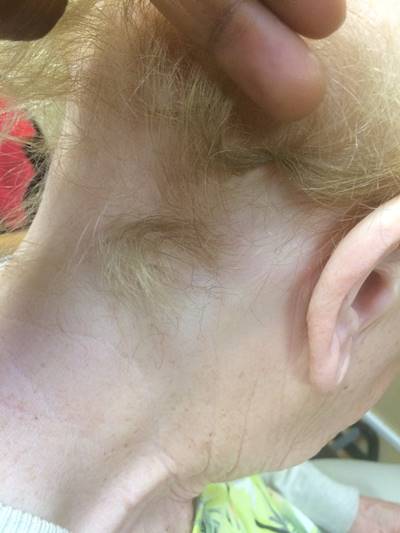
Alopecia
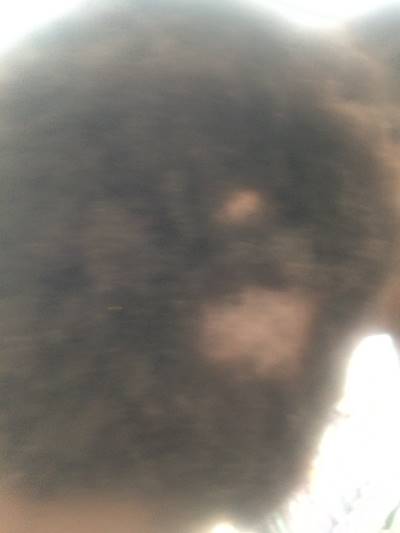
Alopecia areata
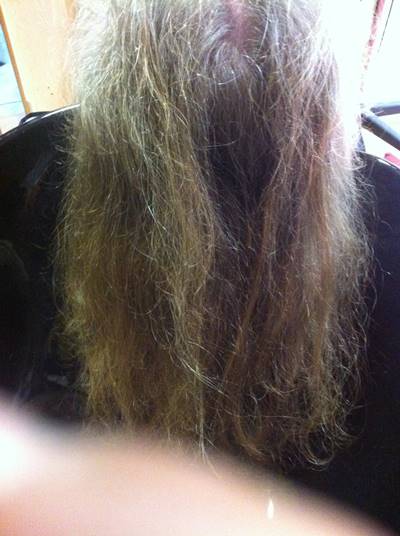
Weathered hair
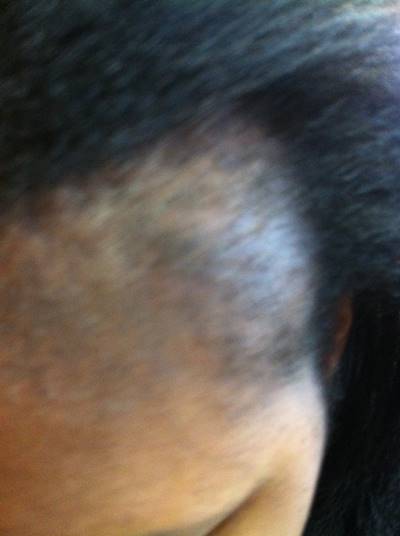
Traction alopecia
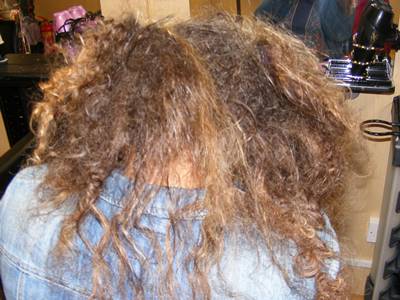
Tangled hair
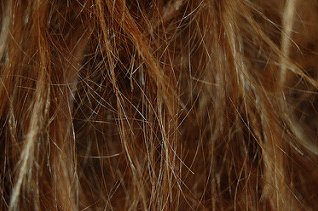
Split ends
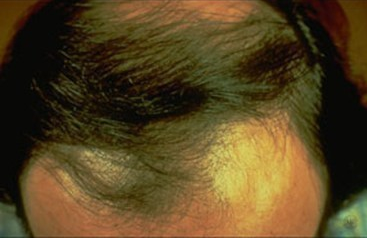
Androgenetic alopecia (male pattern baldness)
-

Central centrifugal cicatrical alopecia
-

Alopecia areata
-

Seborhoeic dermatitis
-

Ophiasic areata
-

Microscopic view follicullitis nuchae
-

Male pattern hair loss
-

Knotted hair
-

Frontal fibrosing
-

Frontal fibrosing alopecia
-

Female pattern hairloss
-

Chemical breakage
-

Band alopecia
-

Alopecia
-

Alopecia areata
-

Weathered hair
-

Traction alopecia
-

Tangled hair
-

Split ends
-

Androgenetic alopecia (male pattern baldness)

